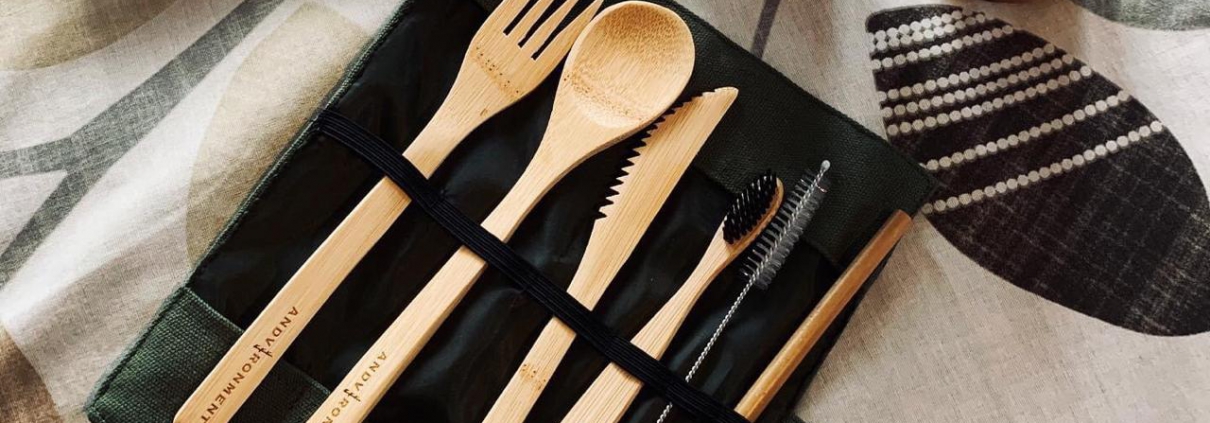A ban on single-use plastics in National Parks, beaches, forests and conservation areas in Kenyan came into effect on 5th June 2020, coinciding with World Environment Day. The specific plastics not allowed in protected areas include: PET bottles, disposable cutlery (forks, knives, spoons, chopsticks, straws and beverage stirrers), non-woven plastic carrier bags, cigarettes with plastic filters, plastic cotton bud sticks, expanded polystyrene (EPS) beverage containers, crisps packets, sweet wrappers, confectionary wrappers, sanitary items such as diapers (excluding sanitary pads), lollipop sticks, wet wipes, single use plastic dental flosser, single-use toiletries packaged in plastics such as soaps, lotions or shampoos. The Ministry of Environment and Forestry has released a Single Use Plastic Implementation Plan, developed in consultation with stakeholders including plastic manufacturers. You can access a copy of the plan here

Plastic pollution is one of the most serious threats to the planet’s health. Single-use plastics are polluting the majority of ecosystems from rainforests to the world’s deepest ocean trench. And since it is not biodegradable, when consumed by fish and livestock, plastic waste ends up in our food chain causing all manner of health problems including cancer. By ensuring a cleaner environment with less plastic pollution, human health and natural biodiversity will flourish, in turn making Kenya’s tourism destinations more appealing for both domestic and foreign travelers.
The Single Use Plastic (SUP) Ban Trend Report by Sustainable Inclusive Business (SIB-Kenya) in partnership with the Kenya Private Sector Alliance (KEPSA) provides more insights into the implications of the ban on the Kenyan economy, planet and people, and how businesses both small and established can prepare for alternatives. Besides the trend report, SIB-Kenya has set up an online crash course available to the public, aimed at helping readers understand the plastic ban concept, policy overview, best practices from frontrunners as well as ways to deal with the ban in Kenya.

So what alternatives do we have? Plenty! The use of refillable water bottles has grown significantly and they can add a personal touch with your establishment able to brand them to your liking. Paper and bamboo straws are sustainable alternatives to plastic straws as they are biodegradable. The use of stainless steel straws however requires good levels of hygiene. Green Key’s international partner the Radisson Hotel Group has taken it even further, and has a global commitment to #refusethestraw, ensuring plastic straws and plastic stirrers are no longer used in its hotels by 2021 and eco-friendly alternatives will be offered to guests upon request. More alternatives are listed in the Single Use Plastic Implementation Plan. You can also visit www.sustainableinclusivebusiness.org for more information on suppliers of alternatives to the single-use plastics for the hospitality, travel, tourism, and MICE sectors. Feel free to contact us for support in the transition to more sustainable items.



Leave a Reply
Want to join the discussion?Feel free to contribute!